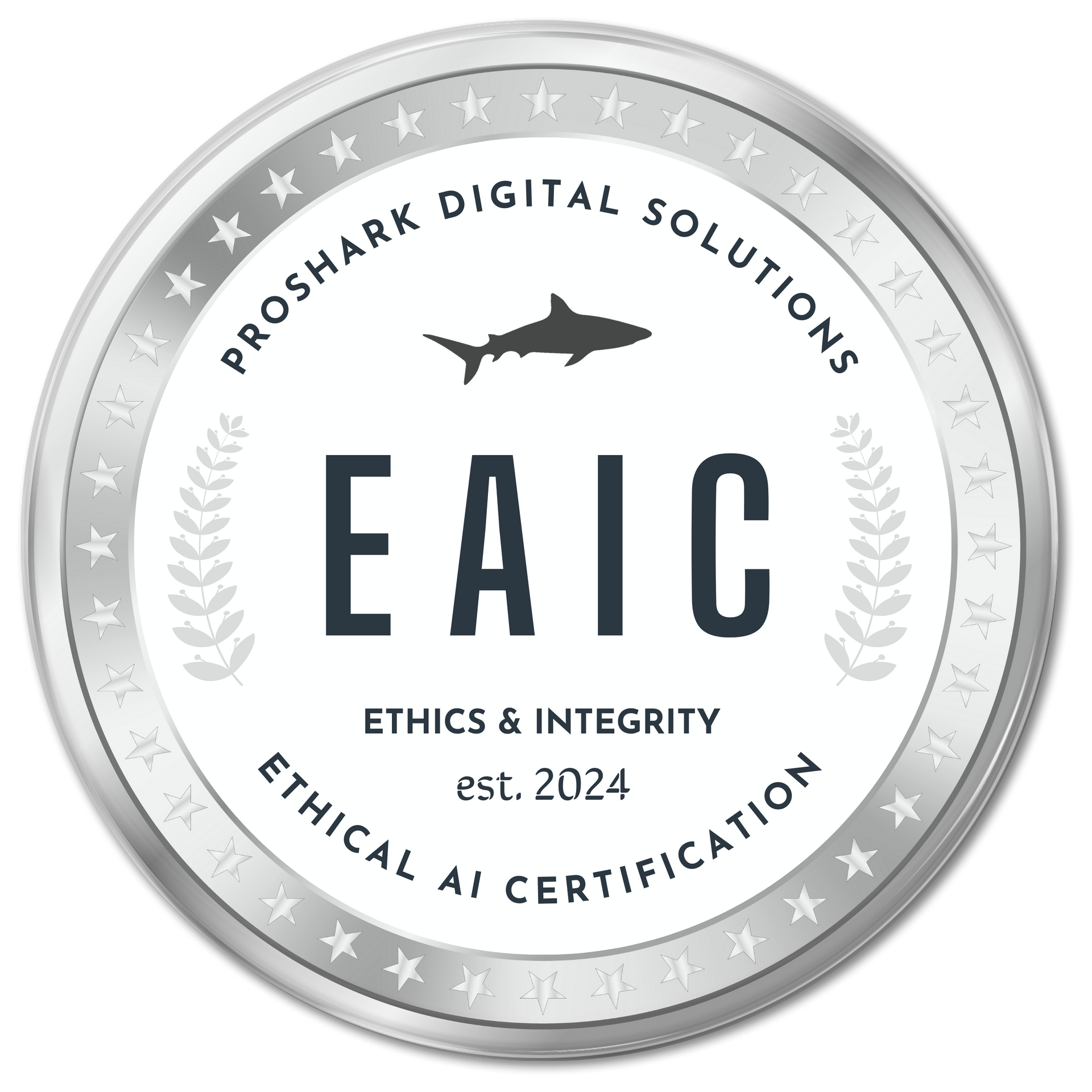How Can I Improve My Digital Commerce Strategy?
In today's fast-paced digital world, a strong commerce strategy is crucial for business success. Whether you're just getting started or looking to enhance your existing approach, there are key elements to consider that can make a significant impact. This FAQ will guide you through essential steps to refining your digital commerce strategy in a simple and engaging manner.

Assess Your Current Digital Presence
Start by evaluating your current digital platforms and sales channels. Determine what's working and areas that need improvement.
One effective way to assess your digital presence is by conducting a thorough audit of your website and e-commerce platforms. This involves analyzing user interaction data, website traffic, and conversion rates. Tools such as Google Analytics can provide insights into how users are engaging with your site, helping you pinpoint any weaknesses or areas for improvement. By understanding these metrics, you'll be in a better position to enhance your digital strategy and boost overall performance.
Additionally, consider evaluating your content strategy across various channels. Are your blogs, social media posts, and email marketing efforts aligned with your brand goals? Ensuring consistency and quality in your messaging not only strengthens your digital presence but also builds trust with your audience.
Identify Your Target Audience
Understanding your market is fundamental. Define your ideal customer profile to tailor your digital strategy effectively.
To accurately identify your target audience, conduct market research and analyze customer feedback. Surveys, interviews, and online reviews can reveal valuable insights into what your potential customers are looking for and how they perceive your brand. By creating detailed buyer personas, you can tailor your marketing efforts to better meet the needs and preferences of your ideal customers.
Additionally, keep an eye on industry trends and customer behavior changes. Often, shifts in consumer preferences can offer opportunities to target new segments or refine existing ones. Effective audience segmentation can lead to more personalized marketing strategies that resonate with your audience, ultimately enhancing your digital commerce success E-Commerce Strategy: The Ultimate Guide – Forbes Advisor.
Enhance User Experience
A seamless user experience can significantly boost sales. Optimize your website for navigation, loading speed, and mobile responsiveness.
User experience (UX) is a critical component of any digital commerce strategy. One key area to focus on is your website's design and functionality. A clean, intuitive layout will make it easier for visitors to find what they're looking for and take desired actions. Consider the placement of product information, call-to-action buttons, and contact forms to ensure that your website is both functional and aesthetically pleasing.
Don't overlook the importance of optimizing your site for mobile devices. With the majority of consumers accessing shopping sites through their smartphones, a responsive design and fast loading times are essential for maintaining a competitive edge. By ensuring a smooth mobile experience, you'll not only retain existing customers but also attract new ones E-Commerce Strategy: The Ultimate Guide – Forbes Advisor.
In addition to addressing website issues, consider implementing live chat features, FAQs, and customer support options to further enhance user satisfaction. By providing immediate assistance and ensuring transparency in your operations, you're more likely to convert visitors into loyal customers.
Leverage Data Analytics
Utilize data analytics tools to gain insights into customer behavior and preferences, allowing you to make informed business decisions.
In the world of digital commerce, data is your most valuable asset. By leveraging analytics tools, you can track key performance indicators (KPIs) such as click-through rates, conversion rates, and customer acquisition costs. These metrics will provide you with a clearer picture of how your strategies are performing and where adjustments might be necessary.
Advanced data analytics can also help you understand customer lifetime value (CLV) and segment your audience based on different behavior patterns. By knowing which segments are more profitable, you can focus your marketing efforts on retaining high-value customers and turning one-time buyers into repeat customers E-Commerce Strategy: The Ultimate Guide – Forbes Advisor.
Optimize Product Listings
Ensure your product listings are detailed, visually appealing, and optimized for search engines to improve visibility and sales.
Effective product listings are crucial to capturing the attention of potential buyers. Start by crafting compelling product descriptions that highlight key features and benefits. Use high-quality images and videos to provide a visual representation of your products, helping customers make informed purchasing decisions.
Search engine optimization (SEO) plays a significant role in your product listing strategy. Use relevant keywords in titles, descriptions, and tags to improve the visibility of your listings in search results. By increasing your products' discoverability, you enhance their chances of attracting potential buyers.
Additionally, customer reviews and ratings can impact your credibility and drive conversions. Encourage satisfied customers to leave positive reviews on your product pages, creating trust and social proof for new buyers E-Commerce Strategy: The Ultimate Guide – Forbes Advisor.
Utilize Effective Marketing Strategies
Explore various digital marketing strategies, such as social media, email campaigns, and pay-per-click advertising to reach potential customers.
Digital marketing is key to driving traffic and achieving sales goals in your digital commerce strategy. Social media platforms offer a cost-effective way to engage with your audience and promote your products. Create engaging content, use targeted ads, and leverage influencer partnerships to enhance your brand's reach.
Email marketing remains one of the most effective channels for nurturing customer relationships. Personalized email campaigns that offer exclusive deals, product recommendations, and valuable content can keep your audience engaged and informed. Additionally, pay-per-click (PPC) advertising allows you to target specific demographics and drive relevant traffic to your website, leading to higher conversion rates and increased revenue E-Commerce Strategy: The Ultimate Guide – Forbes Advisor.
Foster Customer Engagement
Engage with your audience through personalized communication, loyalty programs, and prompt customer support to build strong relationships.
Building strong relationships with your customers is essential for improving brand loyalty and retention. Implementing loyalty programs that reward repeat customers with exclusive discounts or benefits can significantly increase customer retention rates. Moreover, personalized communication, such as tailored email messages and special offers, helps to make your customers feel valued and understood.
Prompt and efficient customer support is another vital element. Quick responses to queries and issues can create a positive customer experience and enhance your brand's reputation. Make sure your support channels, whether through chat, email, or phone, are easily accessible and responsive E-Commerce Strategy: The Ultimate Guide – Forbes Advisor.
Stay Updated with Industry Trends
The digital commerce landscape is constantly evolving. Stay informed about trends and technologies to maintain a competitive edge.
To stay ahead in a fast-paced industry, it's essential to keep abreast of the latest trends and technological advancements. Subscribe to industry publications, attend webinars and workshops, and engage in professional networking to stay informed about innovations that could potentially transform your digital commerce strategy.
In addition to continuing education, consider implementing AI-powered tools to streamline operations and enhance customer experience. Innovations such as chatbots and personalized recommendation engines are just a few examples of technologies that can improve efficiency and elevate your digital commerce strategy E-Commerce Strategy: The Ultimate Guide – Forbes Advisor.
Take Charge of Your Digital Commerce Success
Improving your digital commerce strategy doesn't happen overnight, but with these actionable steps and insights, you're well on your way to achieving better online sales and customer engagement. Remember, the digital landscape is ever-evolving, so staying adaptable and informed will help ensure long-term success.







